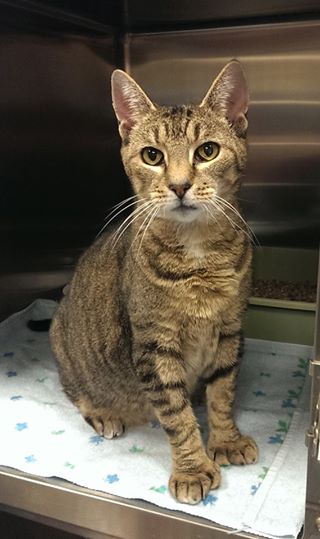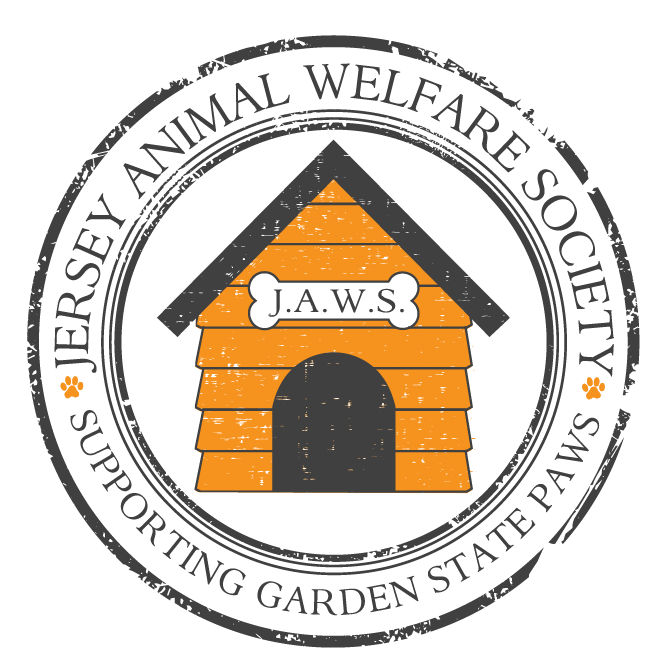FOSTER
FOSTER A CAT or DOG and SAVE A LIFE. In order to carry out our mission and save animals, JAWS needs foster parents to provide a safe, loving home for a cat or dog until a permanent, adoptive home is found. The number of foster homes is directly proportionate to the number of animals we can save. It’s that simple. If you agree to provide a foster home, we provide guidance, supplies and health management. You provide the most important part: the tender loving care.
READY TO FOSTER?
If you are interested in applying to our JAWS Foster Program, please complete a foster application or contact us via email at jerseyaws@gmail.com.
YOUR ROLE AS A FOSTER FAMILY:
We carefully match up foster dogs/puppies and cats/kittens with foster parents based on what works for your household. Some people choose to foster a puppy or two, or even a litter; others prefer a small adult dog or a large dog and some prefer adult cats. We work with you to find the best possible match.Bear in mind that a shelter environment followed by a rescue can be very stressful and traumatic for many animals. In your home they will have a chance to feel safe and secure, to be loved, nurtured, exercised and socialized.
We will ask that you crate-train dogs and teach them basic obedience. As a foster parent, we encourage you to attend classes with our experienced dog trainer at no cost. A well-trained dog is much more likely to make a successful transition to a permanent home than a dog with no training and who is not housebroken. The gift of training helps to give the ultimate gift – a permanent home – to your furry friend.
We work hard to find the right home for your foster pet from the moment it is rescued. Foster animals may stay at their temporary homes from a few days to weeks and sometimes even months. It all depends on the animal and the amount of time the foster parent can commit to the process. Foster families may be asked to show their foster animal to potential adopters or make the animal available to be shown at a mobile adoption. Animals must be spayed and neutered prior to final adoption. Young kittens can be altered when they reach 2 pounds, usually at 8-12 weeks. Nice photographs and good web site descriptions from the foster family helps to expedite the adoption process.
FOSTER FAMILY RESPONSIBILITIES:
Providing care and affection for your foster animal, including socialization, healthy practices, and some basic training (dogs). We ask that foster dogs are kept on a leash—even in dog parks—as you learn about their strengths and social skills. If an animal has behavioral problems, our dog trainer or our Animal Services Coordinators will work with you to correct them before adoption.
Spending a little extra time each day playing with your foster pet so that he/she is well socialized when it’s time to move to its forever-home.
Transport the foster animal to vet appointments as scheduled and provide updates on their progress. Let us know if there are any problems so that we can work with the animal before he/she goes to a permanent home. Make the animal available for mobile adoptions or in-store adoption sites and if needed, help with the adoption process.
Homeless animals come into shelters year round so we are always in need of foster homes. When we take a dog or cat from a shelter, it makes room for the next animal in need. Our foster parents are a critical piece of the rescue process and we are deeply indebted to them for their willingness to welcome new members into their lives. It buys us time to find a new place for the animals to call home.
THE POSSIBILITY OF ADOPTION:
It happens. You fall in love with the wonderful dog or cat for whom you’ve been a lifeline after shelter-life. Not to worry. You’re in good company. As the foster family, you will usually have first option to permanently adopt your new family member to be part of your lives, for life.
JAWS typically needs foster placement:
1) For animals that require socialization
2) For animals that are recovering from surgical/medical procedures or enduring medical treatments
3) For animals that are too young to manage life independently
4) In cases when we rescue animals from high kill or over crowded shelters

